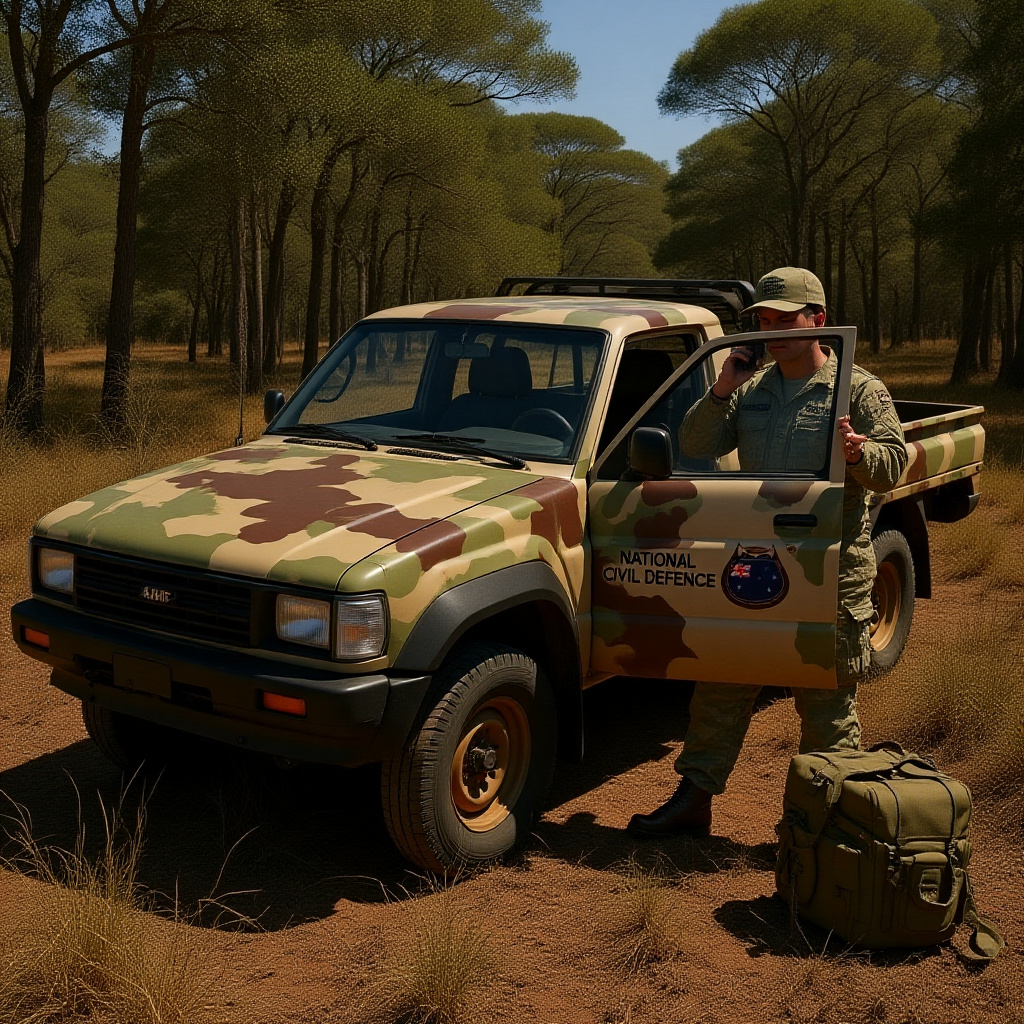Australia should consider developing specific skills and resources:

Communication and Coordination Skills: Civilian “ham” radio clubs are crucial for maintaining communication when conventional infrastructure may be compromised. Expanding training in amateur radio can enhance community connectivity. This is particularly relevant within in the context of an EMP strike.
Other skills and resources include: –
Agricultural and Resource Management: Farmers and pastoralists can provide expertise in food production and resource allocation, ensuring a stable food supply during crises.
Cultural Knowledge and Practices: Indigenous communities can offer valuable insights into sustainable land management and survival skills, contributing to a holistic approach to national resilience.
Sporting and Adventurous Training: Target sports clubs could help develop marksmanship and safety skills, fostering a community of responsible firearm ownership and use.
Logistics and Supply Chain Management: Truck and rail operators can offer logistical support for transporting essential goods, medications, and personnel during emergencies.
Civic Engagement and Volunteerism: RSLs and community organisations can mobilise volunteers for various support roles, such as helping vulnerable communities and coordinating local defence initiatives.
Technical Skills: Individuals with expertise in information technology and cybersecurity can help protect critical infrastructure from cyber threats, ensuring that national security systems remain operational.